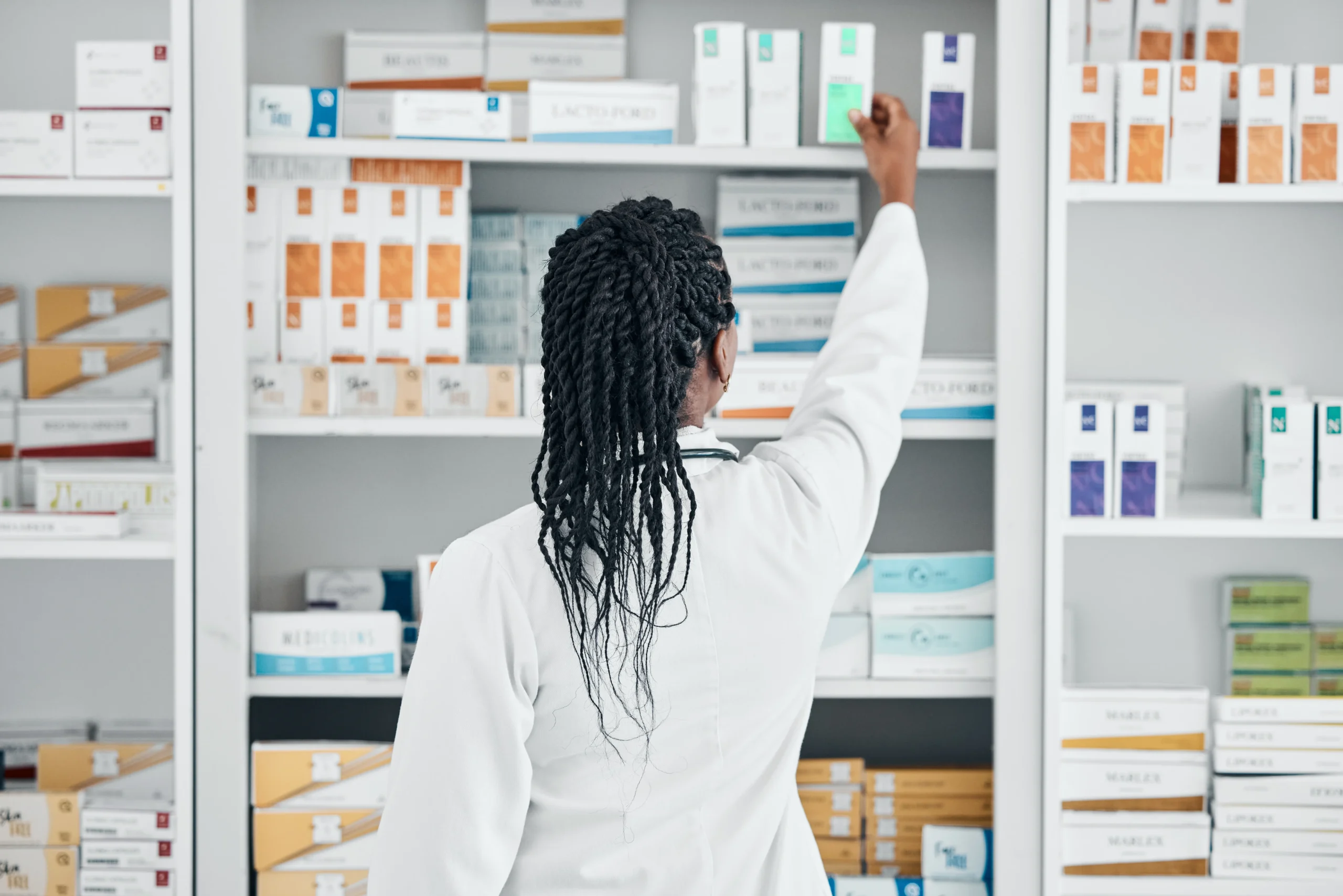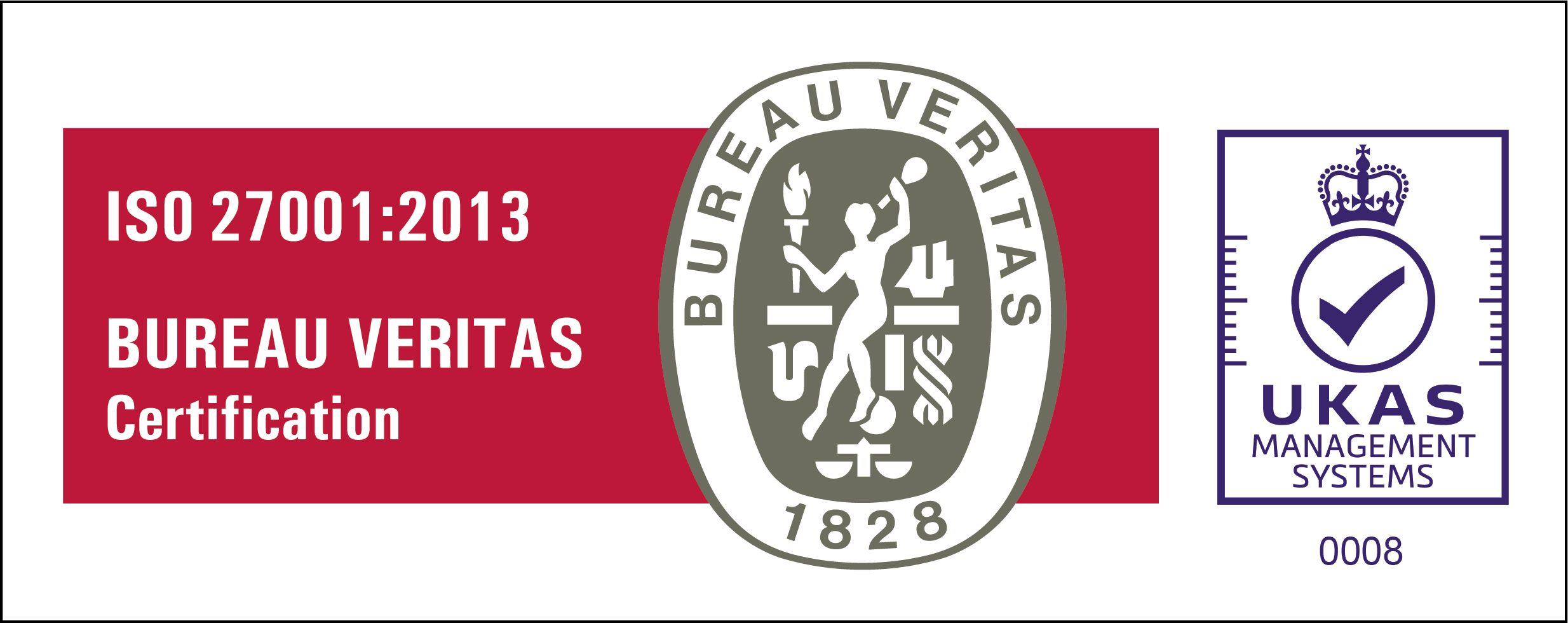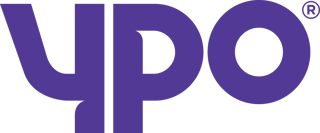The UK’s pharmaceutical and healthcare supply chain is a vital part of industry in the UK, with pharmaceuticals contributing £12.6bn to the UK economy in 2017 and 196,000 jobs in the pharmaceutical, medical technology and biotechnology supply chain.
Some of our customers are distributing pharmaceutical products across the UK, using Stream to help maintain regulatory compliance with MHRA standards.
But what does that actually mean? What is the MHRA? Why is it so important that wholesalers and distributors of medicines and healthcare products comply with MHRA standards? And what can those companies do to ensure they maintain a safe and secure supply chain?
What is MHRA?
MHRA stands for the Medicines and Healthcare products Regulatory Agency.
It is the body that regulates and licences medicines, medical devices and blood components for transfusion in the UK.
The MHRA has three key centres:
- CPRD (Clinical Practice Research Datalink), a research service that uses anonymised NHS clinical data
- NIBSC (National Institute for Biological Standards and Control), which standardises and controls biological medicines
- MHRA (Medicines and Healthcare Products Regulatory Agency), which regulates the sector, to ensure the safety, quality and effectiveness of medicines
This post looks at the regulatory agency, and particularly at the agency’s responsibility for “ensuring that the supply chain for medicines, medical devices and blood components is safe and secure”.
Why are MHRA standards and compliance so important for distribution?
The distribution of medical products is literally a life-or-death matter. Anyone involved in that supply chain has to get it absolutely right, first time, every time. A single mistake in medication or medical devices can be catastrophic, with the potential to dramatically worsen healthcare outcomes and even lead to death.
So regulation and compliance in the sector are far from a trivial matter. The MHRA regulates standards and licencing for the manufacture, assembly and wholesale distribution of medicinal products under UK and EU legislation. They inspect and issue licences for organisations operating within the sector.
These licences – typically referred to as process licences – are required for businesses involved in moving or storing medicinal products for human use and for veterinary use.
The Inspectorate ensures that everyone – from import and manufacture to wholesale and distribution – play their part to ensure the safe and secure distribution of drugs and medical devices to hospitals, care facilities, pharmacies – and ultimately to the patients to need them.
How can wholesale distributors work to maintain a safe and secure supply chain?
Organisations that take part in the import and manufacture or wholesale distribution of medicines for use in the UK must hold the relevant licence issued by the MHRA.
This includes medicines for both human and veterinary use, though the licences discussed below apply only to medicines for human use – for companies that manufacture or wholesale only medicinal products for veterinary use, the licence is issued by the Veterinary Medicines Directorate (VMD).
The inspections carried out by MHRA check to ensure whether manufacturing and distribution sites comply with good practice standards. Organisations are inspected upon application for their licence, and then at regular periods – depending on their risk assessment requirements.
Importers & Manufacturers
The MHRA manufacturer licence is required for organisations that make, assemble or import human medicines. The company must be able to show the MHRA that they comply with EU good manufacturing practice (GMP), as well as passing regular onsite GMP inspections.
As a minimum standard, the production processes for medicines manufacturers must ensure products are:
- of consistent high quality
- appropriate to their intended use
- meeting the requirements of the marketing authorisation (MA) or product specification
Wholesalers
The MHRA wholesaler licence is required for organisations that sell or supply medicines (to anyone other than the patient using the medicine). This typically means wholesale distributors. This licence is also known as a wholesale dealer licence (WDL) or wholesale distribution authorisation (WDA).
The company must be able to show the MHRA that they comply with EU good distribution practice (GDP), as well as passing regular onsite GDP inspections. The basic requirements for GDP are “that medicines are obtained from the licensed supply chain and are consistently stored, transported and handled under suitable conditions, as required by the MA or product specification”.
European Medicines Agency (EMA) guidance on GDP
EU Guidance from the EMA goes into more detail about the requirements for GDP standards. GDP is the minimum standard to be met by wholesale medical distributors. The standard applies to any organisation involved in sourcing, storing and transporting active pharmaceutical ingredients, as well as any other ingredients used in the production of medicines.
The standards ensure that quality and integrity is maintained throughout the medical supply chain.
As well as licence application and regular inspections, the EMA advises that organisations put a tracing system in place that can help to locate (and effectively recall) any faulty products.
By complying with GDP standards, medical product wholesale distributors are able to ensure that:
- All medicines in their supply chain are authorised in accordance with EU legislation
- All medicines are stored in the right conditions at all times – including during transportation
- They avoid contamination by or of other products
- All stored medicines have an adequate turnover
- The correct products reach the correct addressee within a satisfactory time period
For more information on how Stream can help medical importers, manufacturers and wholesale distributors, schedule your demo today.








